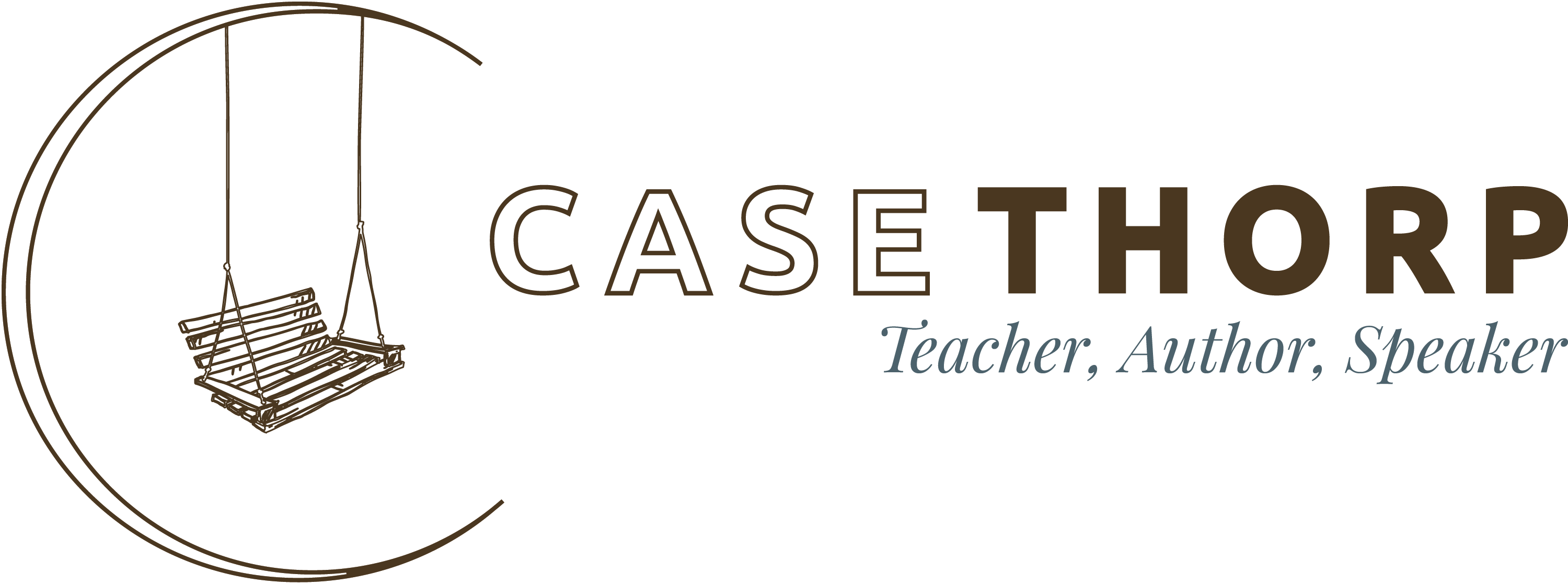Rollins College recently booted Intervarsity Christian Fellowship off campus. ICF is a 136 year old ministry founded by students at Cambridge, England, known more for its laborious lectures and academic publications than any sense of extremism or cultic behavior. This decision by the Rollins College administration is one that is being increasingly adopted by universities and colleges who at the same time proclaim to be academically free environments pursuing the liberal arts. The decision, ironically, is contrary to the mission of a liberal arts education and one that is discriminatory to people of faith.
Colleges and universities are hiding behind a Supreme Court decision in 2010 (CLS v. Martinez) that allows private institutions to remove any on-campus organization that does not conform to the school’s policies, which are a direct result of the school’s values. More and more colleges and universities are pushing conformity in the name non-discrimination to invade personally held religious beliefs. If the Muslim Student Association, Jewish Student Union, or, in this case, Intervarsity Christian Fellowship think their student leaders should (gasp) hold the very beliefs reflected by their faith traditions, they should be allowed to do so. However, school officials are requiring any and every student who wishes to be considered for leadership to be considered. Rollins officials pointed out that the Muslim Student Association past president wasn’t even Muslim. This does not even pass the laugh test.
The Association of American Colleges and Universities, of which Rollins College is a member, describes a liberal education as, “a philosophy of education that empowers individuals with broad knowledge and transferable skills, and a strong sense of value, ethics, and civic engagement.” The AACU strives to “make excellence in liberal education an equal opportunity commitment—to every student and to our diverse democracy.” Apparently not. A decision to limit the free assembly and governance of religious students pursues the very intolerance they are seeking to ameliorate. Only religious groups who embrace the university’s values are welcomed. Without a diversity of belief and healthy religious dialogue Rollins College will end up with white-washed religious groups with no distinction. They will end up having, as one person said to me, “a bunch of people in funny clothes speaking forth the university’s agreed upon values.” Is a Rollins graduate appropriately equipped for society when they realize the religious groups of the world actual hold contrary convictions and worldviews rather than a nuanced version of the college’s party line?
Second, a decision to control the doctrinal convictions of a religious group like ICF is bad for the college because it undercuts academic freedom. The school becomes the arbiter of truth, picking and choosing who speaks, when and how. George Orwell warned us against this, an author whom I read (surprise, surprise) in an academic setting. This very illiberal move prevents students from experiencing the crucible of college that shapes one’s faith convictions, ethical inquiry, and vocational choice. If a religious group chooses to adopt doctrine so severely at odds with the culture of the school, social dynamics will either bring about change, or teach the students involved where their beliefs stand in relation to society. Without such a dynamic engagement, students are taught that religious conviction does not matter, and religions that are contrary to the prevailing winds of society need changing by those in power outside the religion. How does such an environment truly equip Rollins graduates to live as citizens of a very diverse world in which religious dialogue and understanding has too often taken a back seat to conflict and warfare?
Emile Durkheim, a respected French sociologist and academician, writes that religion “should be an eminently collective thing.” Collective, until of course, the post-modern sensibility, as we see demonstrated by the Rollins College administration, worships the radical idol of inclusivity to the neglect of free thought and conviction, ancient texts, historic faith traditions, and freedom of assembly.
